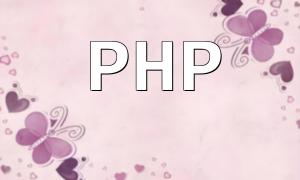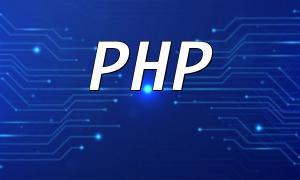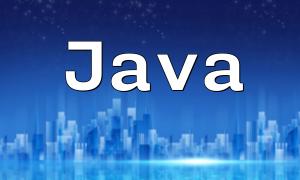In today's software development world, PHP, as a popular server-side scripting language, is widely used in applications ranging from small projects to large enterprise systems. PHP frameworks, especially Laravel, Symfony, and others, have gained significant attention among developers. But are PHP frameworks truly suitable for handling complex applications? This article will delve into this question from the perspectives of performance, scalability, development efficiency, and community support.
When dealing with complex applications, performance and scalability are crucial factors. PHP frameworks often provide various performance optimization techniques to enhance application speed. For example, Laravel significantly improves performance through routing cache and configuration cache mechanisms.
Laravel has a robust caching mechanism that can significantly speed up response times. By caching user data, we reduce the need for frequent database queries, improving performance. Here's a simple example of using caching in Laravel:
Route::get('/user/{id}', function ($id) {
return Cache::remember("user_{$id}", 60, function () use ($id) {
return DB::table('users')->find($id);
});
});In this example, we cache the user data for 60 seconds, avoiding database queries with every request, thus improving the application's performance.
Complex applications often require more code and functionality, making development efficiency and future maintenance costs a major concern for developers. PHP frameworks provide numerous tools and features that help increase development efficiency.
Most PHP frameworks adopt the MVC (Model-View-Controller) architecture, a design pattern that separates concerns and makes the application code more modular, thus easing maintenance and future extension. In Laravel, developers can easily define controllers, models, and views, ensuring clean and manageable code.
// Route
Route::get('/posts', 'PostController@index');
// Controller
class PostController extends Controller {
public function index() {
$posts = Post::all();
return view('posts.index', compact('posts'));
}
}
// Model
class Post extends Model {
protected $fillable = ['title', 'content'];
}This clear MVC structure allows developers to focus on each layer while ensuring a separation of logic, which improves code maintainability and scalability.
One significant advantage of using a mature PHP framework is the community support and extensive documentation. A vibrant community typically provides valuable technical assistance and best practices, helping developers solve problems more efficiently.
Many PHP frameworks are open-source, meaning developers can freely use, modify, and extend the framework's functionality. For instance, Laravel's ecosystem includes a wide variety of third-party packages (such as Laravel Mix, Passport, etc.) that help developers quickly implement common features in complex applications.
composer require laravel/passportWith this command, developers can easily integrate OAuth2 authentication, enhancing application security without having to build this feature from scratch.
Security is another crucial factor when dealing with complex applications. PHP frameworks typically come with built-in security features that help developers avoid common security vulnerabilities and ensure the application's security.
For example, Laravel automatically escapes output to prevent XSS attacks. Additionally, when using Eloquent ORM, frameworks prevent SQL injection attacks, ensuring the security of database queries.
// Prevent SQL Injection
$user = DB::table('users')->where('id', $id)->first();This method not only improves code readability but also protects the application from common security vulnerabilities, ensuring the safety of data.
In conclusion, PHP frameworks offer numerous advantages for handling complex applications, including performance optimization, development efficiency, community support, and security features. While raw PHP might provide more flexibility in certain specific scenarios, for most developers, choosing an appropriate PHP framework is undoubtedly a wise decision to enhance development efficiency and ensure application security. Therefore, for complex applications, using a PHP framework is a highly suitable choice.









